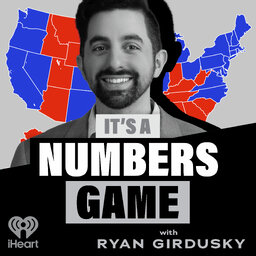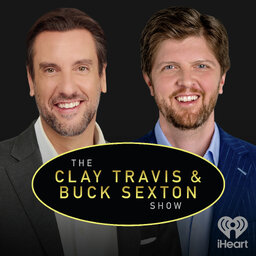In this conversation, Ryan Girdusky and Catherine Ruth Pakaluk explore the complex relationship between politics and religion, particularly among young people. They discuss the demographic shifts in religious affiliation, the impact of education and homeschooling, and the cultural influences that shape religious identity. The conversation also delves into the gender dynamics of faith, highlighting how young men and women engage differently with religion. Ultimately, they consider the future of religion in America and its connection to family values and societal trends. It's a Numbers Game with Ryan Girdusky is part of the Clay Travis & Buck Sexton Podcast Network. Find out more HERE
Learn more about Catherine Ruth Pakaluk HERE
Follow Catherine on X
Follow Ryan HERE
#politics #religion #youngmen #religiousrevival #homeschooling #cultural #identity #gender #dynamics #education #familyvalues #demographictrends
In 2 playlist(s)
It's A Numbers Game with Ryan Girdusky
Dive into the world of data with Ryan Girdusky, an acclaimed American political commentator and writ…Social links
Follow podcast
Recent clips
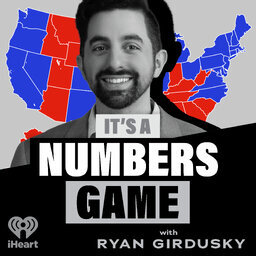
It's a Numbers Game: Lee Fang on Donor-Driven Identity Politics, Immigration Failures & the AI Economic Shock
43:04
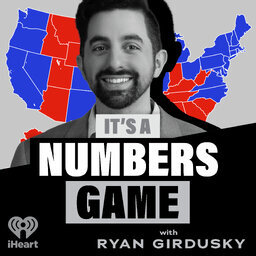
It's a Numbers Game: The Numbers Behind Charlie Kirk’s Legacy, Youth Voters & the Conservative Path to 2026
35:10
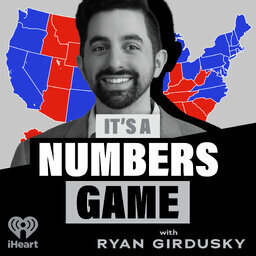
It's a Numbers Game: The Numbers Behind Immigration Myths, MLK Narratives & the Sanctuary City Crisis with Ann Coulter
39:43
 It's A Numbers Game with Ryan Girdusky
It's A Numbers Game with Ryan Girdusky